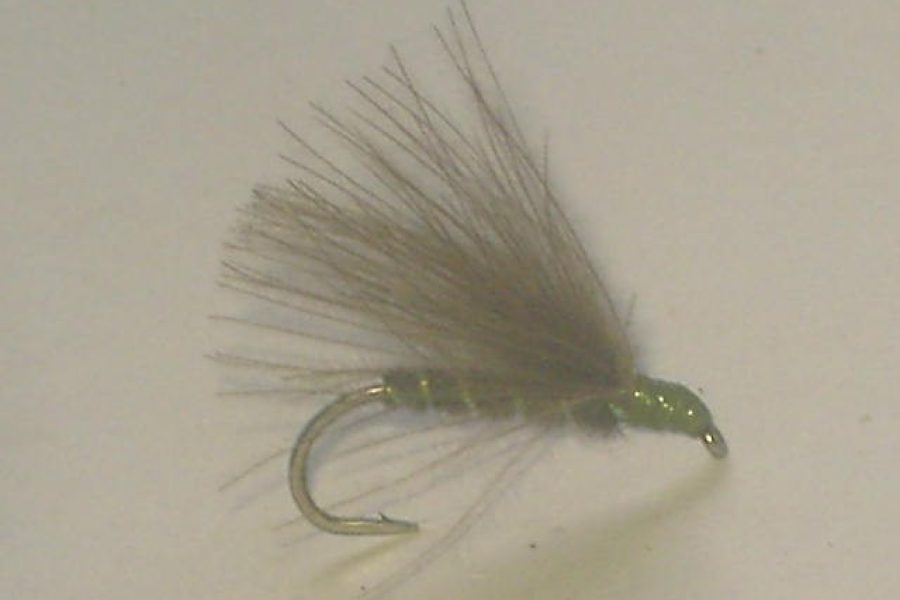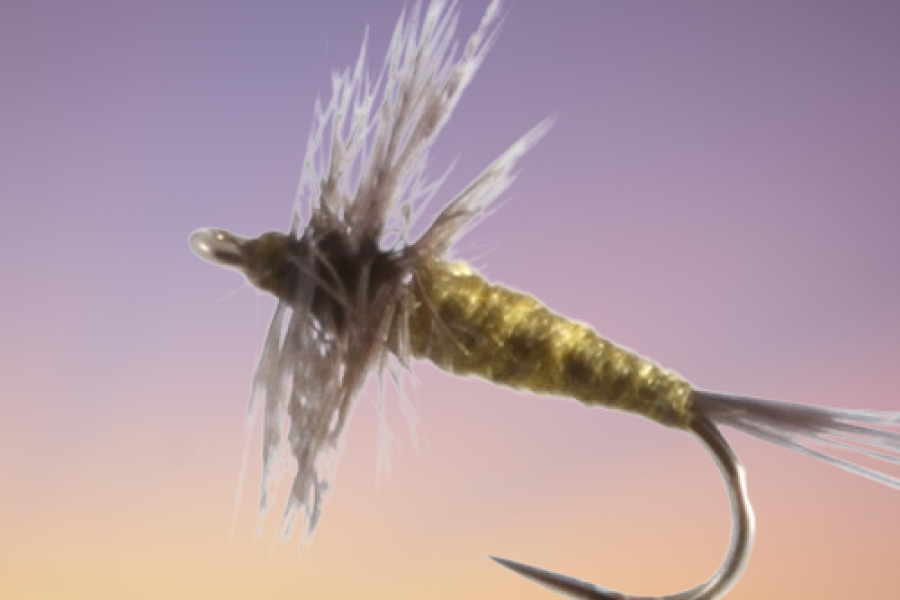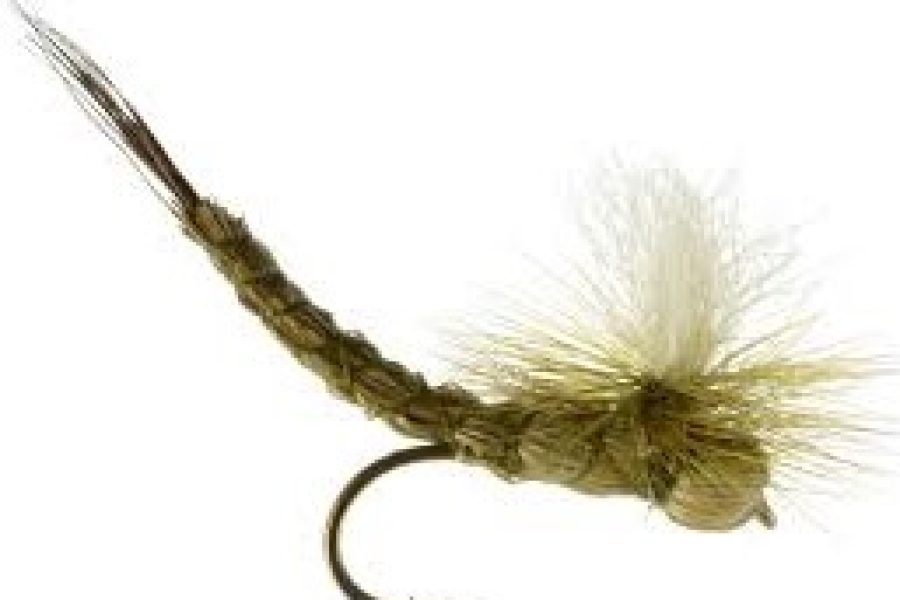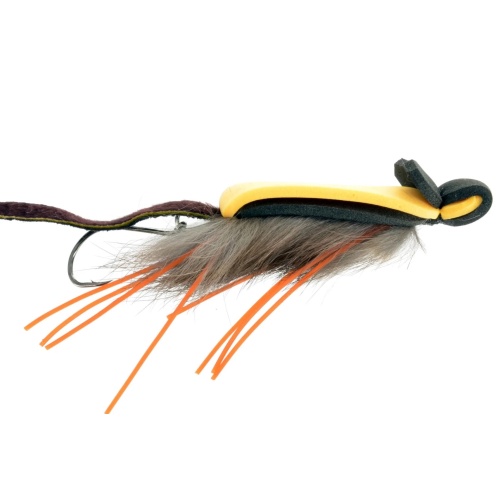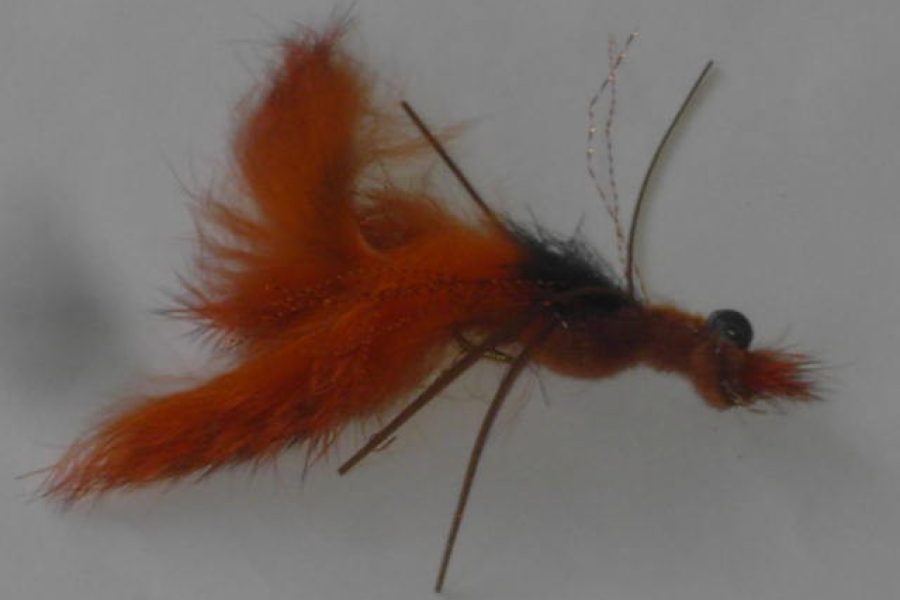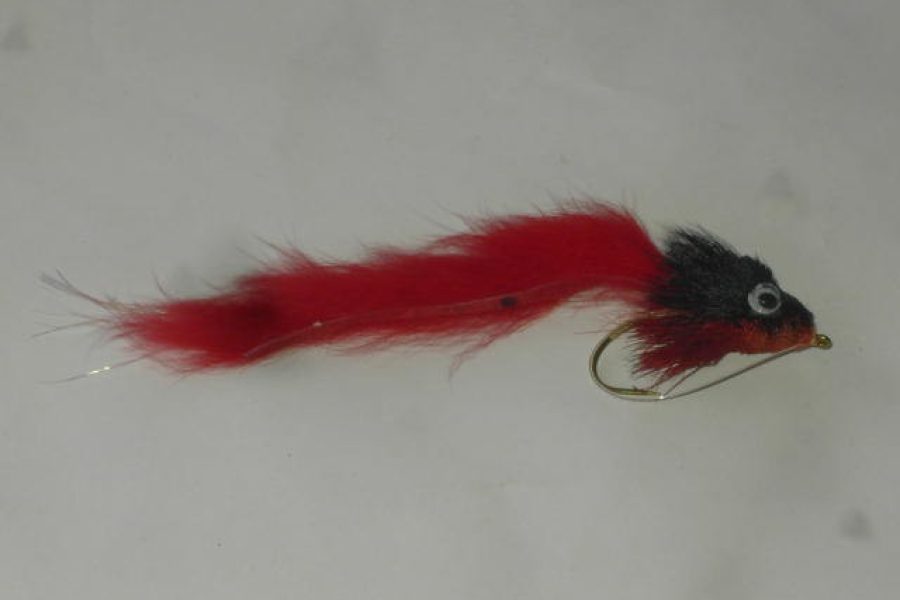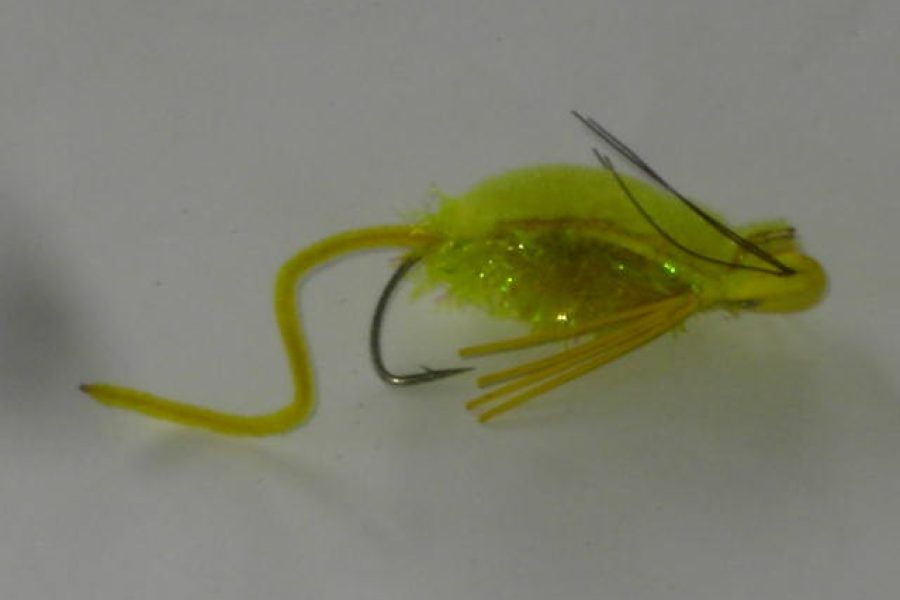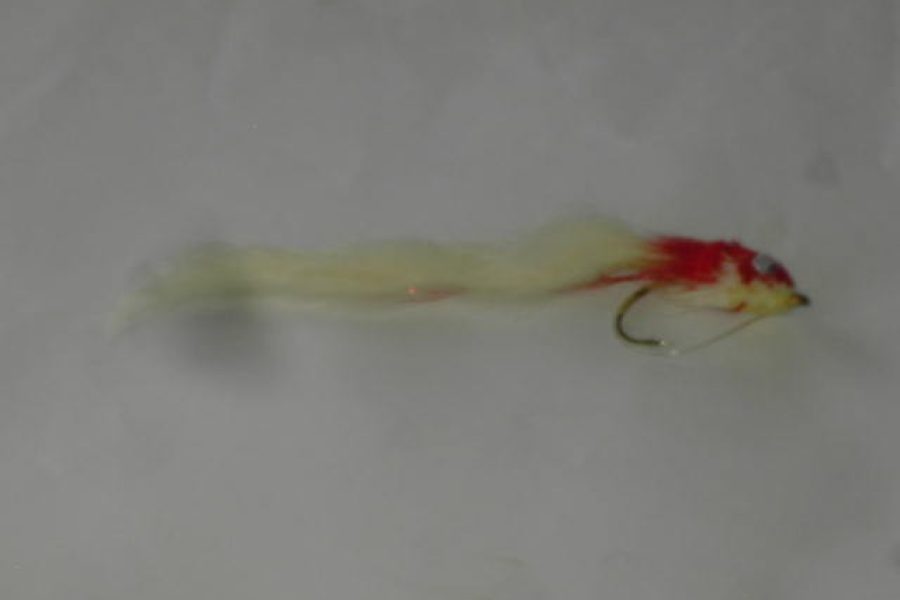Description
The Mallard’s No Miss Mouse Fly represents an innovative development in mouse pattern design, created by Bob Mallard specifically to address the common problem of missed strikes on mouse patterns. This sophisticated pattern combines a gurgler-style articulated design with a trailing stinger hook system for improved hook-up rates.
Historical Origins and Development The pattern emerged from Bob Mallard’s extensive experience with mouse patterns and the frequent challenge of short strikes. This modern pattern has been featured in American Angler magazine and demonstrates the evolution of mouse pattern design with specific attention to hook-up efficiency.
Key Design Developments:
- Mallard’s original concept
- Trailing hook innovation
- Material selection
- Pattern refinements
- Modern adaptations
- Technical improvements
- Contemporary variations
Design Philosophy and Innovation The pattern’s design reflects deep understanding of:
- Strike patterns
- Swimming mechanics
- Fish feeding behavior
- Hook placement
- Movement characteristics
Premium Materials and Construction Traditional Materials:
- Quality hooks
- Foam construction
- Rubber legs
- High-density foam
- Fine thread
Modern Adaptations:
- Articulated design
- Enhanced durability
- Advanced techniques
- Specialized hooks
- Innovative finishes
Technical Specifications
Hook Configuration:
- Style: Articulated with stinger
- Sizes: 2-6 (standard)
- Strength: 2X-3X
- Finish: Black nickel
- Point: Trailing stinger
Body Construction:
- Thread: Strong
- Body: Foam construction
- Head: High-density foam
- Legs: Rubber
- Articulation: Flexible
Fishing Applications
Water Types:
- Rivers and streams
- Lakes and ponds
- Structure areas
- Deep pools
- Various conditions
Seasonal Effectiveness:
Spring:
- Late spring emergence
- Warming waters
- Night fishing
- Multiple depths
- Various presentations
Summer:
- Prime mouse season
- Morning/evening fishing
- Night conditions
- Technical fishing
- Surface action
Fall:
- Pre-winter feeding
- Changed water
- Aggressive takes
- Multiple depths
- Various speeds
Advanced Fishing Methods
Presentation Techniques:
- Surface Wake
- Cross-current swim
- Speed control
- Wake management
- Line mending
- Angle adjustments
- Modern Adaptations
- Strip retrieve
- Twitch techniques
- Dead drift
- Bank placement
- Multiple depths
Water Reading and Strategy
Key Factors:
- Current speed
- Bank structure
- Cover location
- Temperature
- Light conditions
Strategic Approaches:
- Entry point selection
- Drift planning
- Coverage patterns
- Bank targeting
- Speed adjustment
Environmental Adaptations
Light Conditions:
- Moonlight
- Complete darkness
- Early morning
- Evening light
- Low light effectiveness
Water Clarity:
- Crystal clear
- Slightly colored
- Stained water
- Post-rain
- Variable visibility
Modern Variations
Size Adaptations:
- Standard size
- Mini version
- Custom ties
- Situation-specific
- Water-matched
Pattern Variations:
- Traditional style
- Modern materials
- Hybrid designs
- Color adaptations
- Seasonal options
Technical Considerations
Leader Setup:
- Heavy monofilament
- Short leader design
- Breaking strength
- Knot choice
- System balance
Equipment Matching:
- Rod weight (6-8wt)
- Line type
- Leader design
- Tippet selection
- Terminal tackle
Conservation and Durability
Material Selection:
- Environmental impact
- Longevity factors
- Strength requirements
- Replacement needs
- Storage considerations
Maintenance:
- Post-use care
- Storage methods
- Repair techniques
- Material preservation
- Long-term durability
Advanced Applications
Specialized Techniques:
- Night presentation
- Structure fishing
- Cover presentation
- Technical mending
- Line control
Tactical Adaptations:
- Weather conditions
- Water levels
- Fish behavior
- Seasonal changes
- Time of day
Design Benefits
Pattern Advantages:
- Enhanced hook-up ratio
- Improved visibility
- Better tracking
- Precise profile
- Wake creation
Performance Benefits:
- Surface disturbance
- Natural movement
- Strike conversion
- Energy efficiency
- Versatile fishing
Advanced Water Reading
Current Analysis:
- Bank structure
- Cover identification
- Structure influence
- Temperature breaks
- Holding lies
Strategic Planning:
- Coverage efficiency
- Presentation angles
- Rest periods
- Pattern rotation
- Time management
Seasonal Applications
Spring Tactics:
- Early season techniques
- Water temperature monitoring
- Early season approaches
- Fish behavior patterns
- Energy conservation
Summer Strategies:
- Prime time presentations
- Light penetration factors
- Temperature considerations
- Feeding patterns
- Time of day
Fall Methods:
- Pre-winter behavior
- Water temperature changes
- Migration patterns
- Aggressive triggers
- Weather influences
Future Developments
Emerging Trends:
- New materials
- Design refinements
- Tying techniques
- Fishing methods
- Pattern variations
Innovation Areas:
- Material technology
- Construction methods
- Presentation techniques
- Environmental considerations
- Performance enhancement
Mallard’s No Miss Mouse Fly represents the perfect fusion of innovative design and proven effectiveness. Its sophisticated engineering incorporates a trailing stinger hook system with gurgler-style construction, creating a pattern that consistently converts strikes into hookups. Whether targeting trophy trout or aggressive bass, this pattern delivers exceptional performance through its carefully calculated design elements and versatile presentation capabilities.
Additional information
| Hook size | 10, 12, 2, 4, 6, 8 |
|---|---|
| Hook type | Barbed Hooks, Barbless Hooks |


